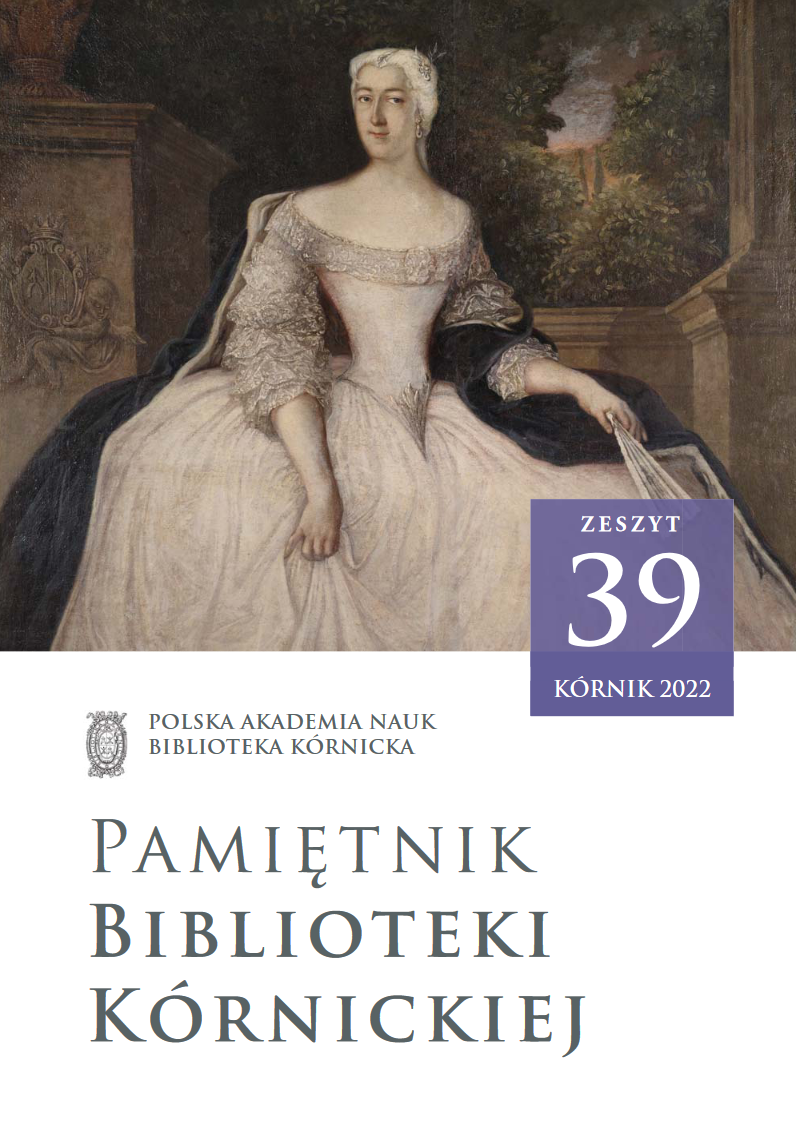ROLA NAOCZNI (WIZJI LOKALNEJ)1 W PROCESIE O GRANICĘ POLSKO-WĘGIERSKĄ PRZY MORSKIM OKU
W 120. ROCZNICĘ PROCESU
Abstrakt
Dziewiętnastowieczny spór o granicę austriacko-węgierską w polskich Tatrach zakończył wyrok międzynarodowego sądu polubownego w 1902 roku. Powszechnie traktowany jest jako sukces
obrońców integralności ziem polskich pod zaborami. W artykule analizowane są przesłanki wskazujące, że trybunał rozjemczy nie rozstrzygał sporu samodzielnie, lecz wydał wyrok jedynie wprowadzający w życie poufną umowę między rządem Austrii i Węgier w tej kwestii.
The 19th-century dispute over the Austro-Hungarian border in the Polish Tatra Mountains ended with an international arbitration award in 1902 in Graz. It is widely regarded as a success for the defenders of integrity of the Polish lands under partitions. Th e article examines the indications that the conciliation tribunal did not resolve the dispute on its own, but issued a judgment merely implementing a confi dential agreement between the Austrian and Hungarian governments on this matter.

